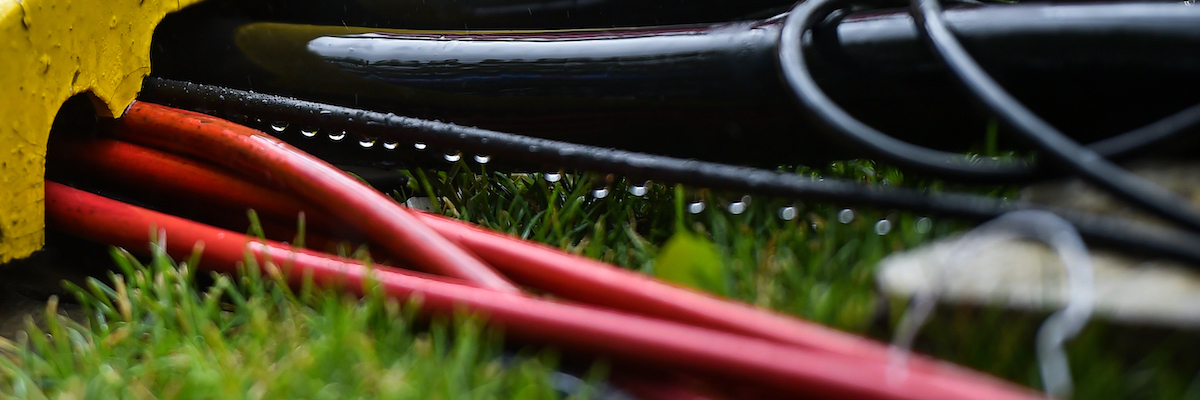What is EPDM Cable?

With many of the cables we use for electrical projects, you’ll find that many will have a thick rubber coating to protect the wires themselves and provide efficient insulation. To ensure your cables continue to hold up over time, ethylene propylene diene monomer or EPDM cables can provide an extra layer of protection and keep your electrical connections stable thanks to their many unique properties. Learn more about how you can strengthen your electrical projects with EPDM materials and more with the help of the electrical and cable experts at Gateway Cable Company today!
What is an Ethylene Propylene Diene Monomer?
In an ethylene propylene diene monomer cable, you get not only a great insulator, but also the assurance that your cables are extremely weather resistant. This is because EPDM cables can primarily be used for heavy-duty outdoor electrical systems, which need to add a layer of protection to hold up against ever-changing elements. You’ll find these cables can withstand high levels of warm and cool temperatures, as well as heavy amounts of light and ozone exposure so that your electrical current isn’t affected by outside factors and maintains a seamless connection for decades. For enhanced insulation of EPDM cables, they are usually made with fillers like carbon black and calcium carbonate as well as other materials like paraffinic oils, sulfur, peroxides, or phenolic resins through various processes to provide a heightened level of heat resistance.
Advantages of EPDM Cables
What are some of the advantages of EPDM cables? The benefits of EPDM cables compared to other types of cables are numerous. In fact, in asking yourself when to use EPDM cables, you might be surprised to hear that these handy types of cables are quite versatile. Here are some of the main advantages of EPDM cables:
- Temperature resistance (high and low)
- Durability
- Flexibility
- UV resistance
- Moisture resistance
- Good for high-voltage applications
- Elasticity can withstand -40* Celsius
In deciding when to use EPDM cables, you should ask yourself:
- How will the cables be used? Will they be subjected to extreme temperatures?
- Do you need cables that, when properly formulated, can last for decades in adverse conditions with little to no degradation?
- Do you need cables that can withstand hot sunny conditions or moist conditions?
- Are you running very high voltages?
If the answer to any of these questions is “Yes,” then you probably could benefit from looking into our EDPM cables for sale!
EPDM Cable Specs
Since ethylene propylene diene monomer cables and their primary function is to handle high levels of heat, it has become a more trusted material to use when compared to other options like Silicone rubber. This is because EPDM cables use essential oils and waxes to prevent varnish cracks when cable wires start to fall apart or break down. With these materials being so UV resistant, here’s a quick breakdown of the EPDM cable specs when it comes to how it handles temperatures:
- Maximum service temperature: 150 °C
- Minimum service temperature: −50 °C
- Glass transition temperature: −54 °C
With its strength enabling it to withstand extreme temperatures EPDM cables are heavily used for industrial applications like motors, ballasts, transformers, coils, solenoids, and so much more.
Find the Right Electrical Materials at Gateway Cable Company
As you can see, ethylene propylene diene monomer or EPDM cables will provide you with the right insulation you need along with an added layer of protection that ensures it will hold up for years to come. Whether you’re looking for a great selection of connectors, adaptors, and cables for sale, Gateway Cable Company is here to help. You can find even more comprehensive information to assist you with your next electrical project at work or around the house. And, if you’re in need of a certain item and don’t see it on our website, request a quote online and have it sent directly to your home. Contact us today for more information and questions on EPDM cables, and to speak directly with one of our many talented electrical professionals!
